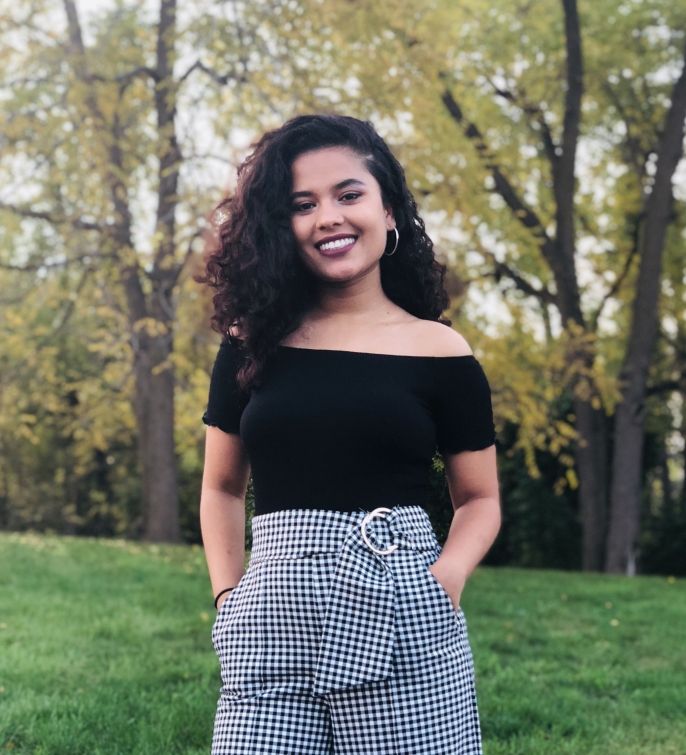From Refugee Camp to Medical School via Cape Town, London, and Paris
Of the more than 330,000 U.S. students studying abroad, only 6.1 percent are African American and 10.1 percent are Latino. This is one in a series of articles by students of color who are breaking down barriers by studying abroad. They will periodically share their stories, hopefully inspiring others.
By Samixchha Raut
Rochester Institute of Technology
Eight years ago, I lived in Goldhap, a refugee camp in Nepal, where more than 7,000 people reside in just over 1200 households, without running water or electricity. Today, I’m 22, a senior at Rochester Institute of Technology, majoring in Biomedical Science and on a path to achieve my dream of becoming a doctor. I am studying for the MCAT exam to apply for medical school. It has been a long journey for me and my family.
My dad, a native of Bhutan, fled the homeland with his family. He settled in Goldhap, where he did construction work in a surrounding town, and later started repairing bicycles. He met my mother; they married and had me, and my two younger brothers. But there was barely enough food to go around.
In 2010 my family was able to immigrate to the United States, where we settled in Raleigh, North Carolina. I studied hard and earned a full scholarship to Rochester Institute of Technology. In the spring of 2018, I participated in a study abroad program with the Council on International Educational Exchange (CIEE). I spent six weeks in each of three locations – studying HIV/Aids Policy & Politics in Cape Town, Media, Gender & Identity in London and Family and Child Development in Paris. The experience reinforced my commitment to be a doctor!
As a child I was stricken with jaundice, and it wasn’t sure that I would survive. My parents worked extra hard and were finally able to purchase the medicine that made me better. Once I recuperated, I decided I wanted to be a doctor to help others.
While studying in South Africa, my class visited a township village, Zwelethemba. I felt like I was back in the refugee camp. The people were living in severe poverty. But you could see and feel the camaraderie and love among the villagers. Every child was being raised by the entire village. I pictured myself in them.
It took me back to our camp, and to our struggles. I spent 13 years of my life in a refugee camp, living just like these people, and then suddenly there I was among them as a scholar. It reaffirmed that I am on the right path. It’s important for me to become a doctor and pursue my passion of helping underserved people by providing them with adequate health care.
The study abroad experience was so valuable because I know if I’m to become a doctor and work with a diverse population of people, then I need to experience diversity. This exposure has boosted my motivation to work hard and give back to the community.

